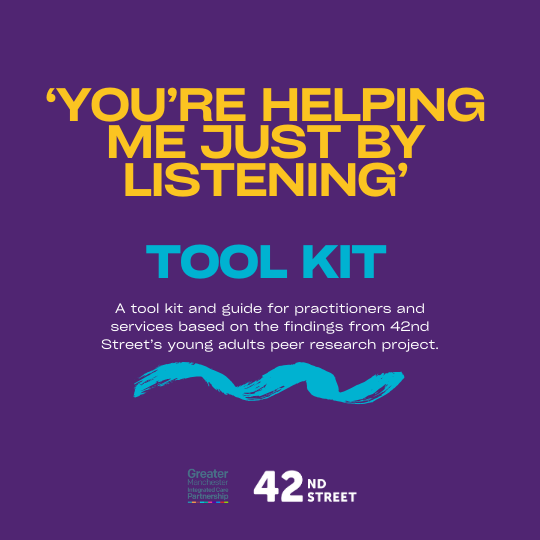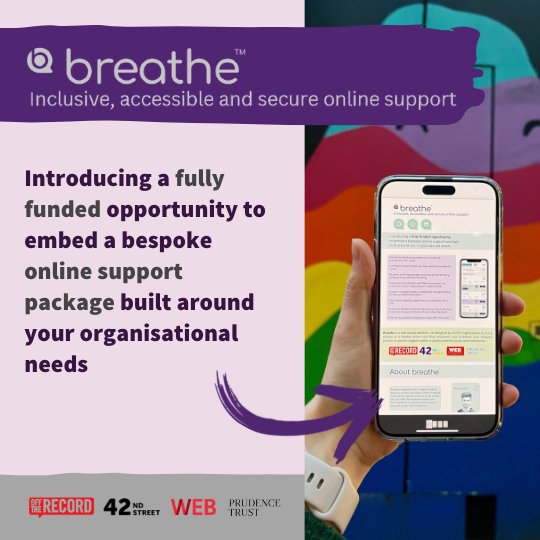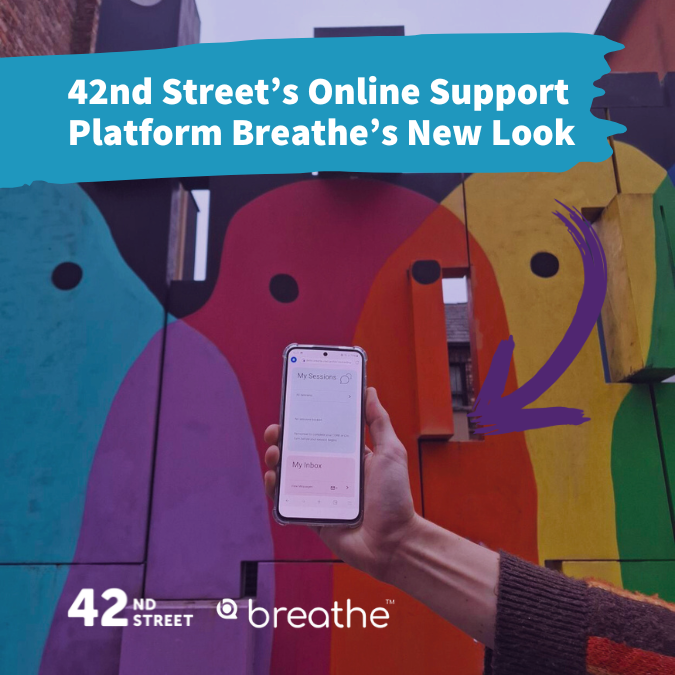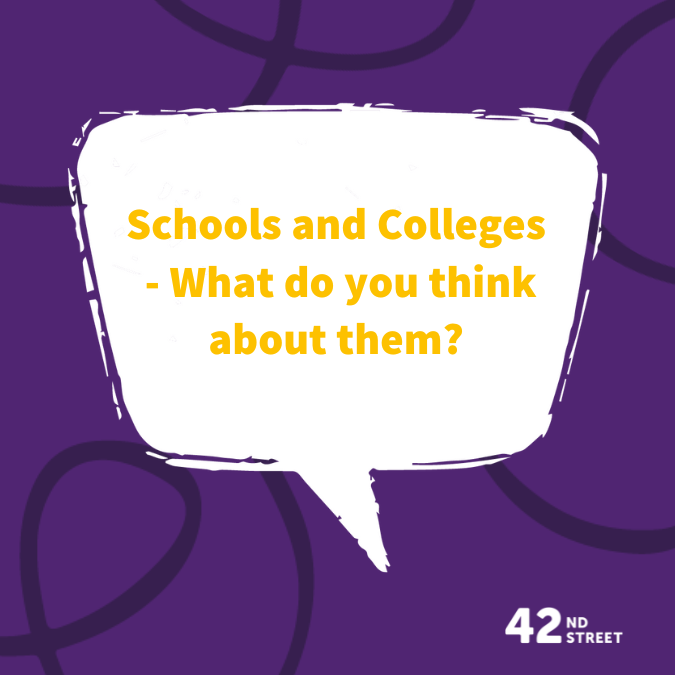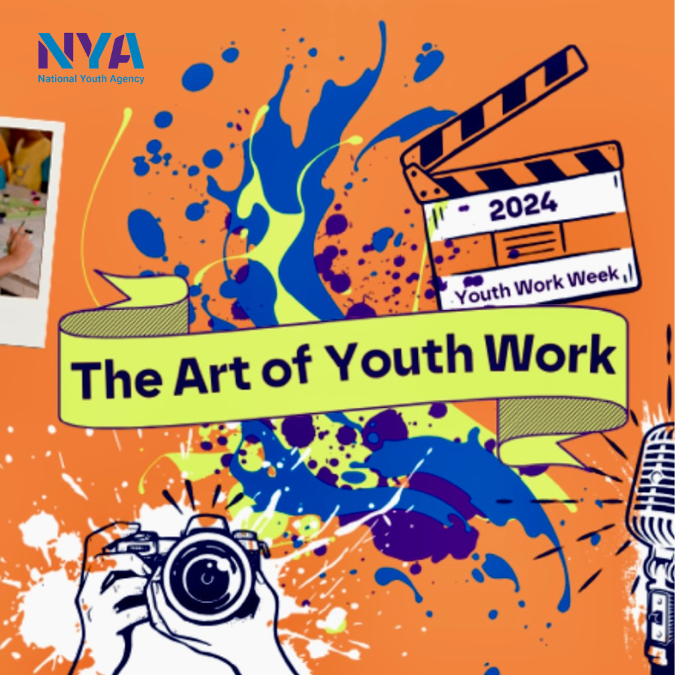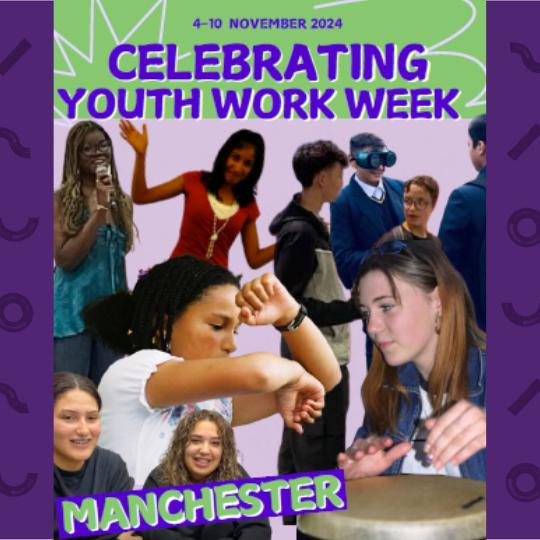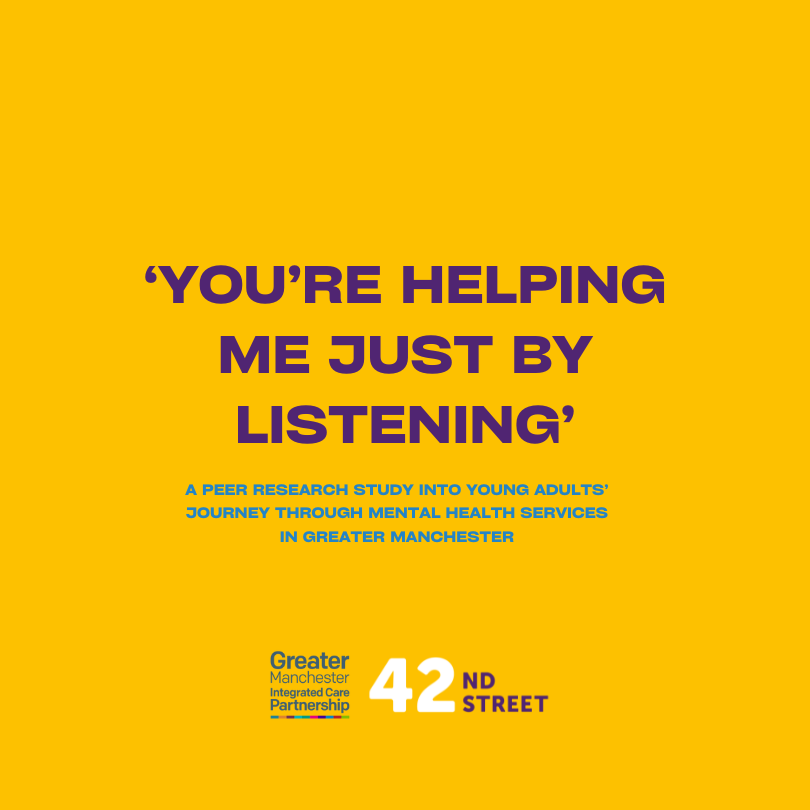Introducing our Young Adult Community Mental Health Transformation Project
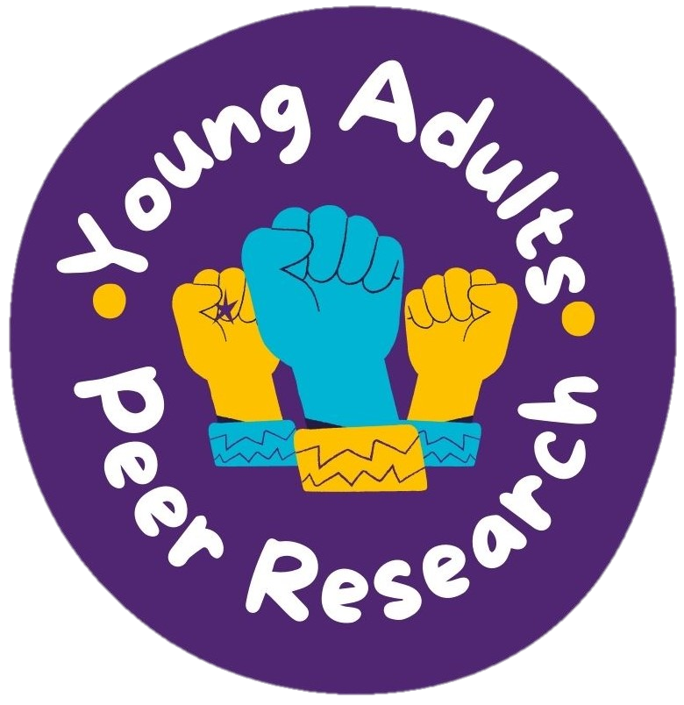
Written by: Rebecca Coughlan
We have launched our Young Adults Community Mental Health Transformation (Living Well) Peer Research Project, aiming to identify the diverse needs of young adults in Greater Manchester and the requirements and system changes required in each locality to meet these needs.
From here we will then co-develop and deliver effective offers for each locality and actively provide support and challenge current systems to deliver the changes that young people need.
Why this is important?
What are mental health rates in young people and young adults?
A NHS report evaluating mental health in children and young people (4) observed that for young people, aged 17-19 years, mental health difficulties saw an increase between 2017-2020, from 1 in 10 (10%) to 1 in 6 (17%). Rates stabilised between 2020-2021. However, in 2021-2022 rates increased again from 1 in 6 to 1 in 4, with nearly 26% now experiencing mental health difficulties. For young people, aged 20-23 years, 1 in 5 (20%) were reported to be experiencing mental health difficulties (4).

How often and what support do young people seek?
In 2022, young people aged 17-23 years reported that their main source of help and advice for mental health concerns was friends and family with nearly 50% reporting this, followed by 19% reporting that they used online or telephone support (4).
In 2022 only 53% of young people aged 17-23 years old who had a mental health concern reported seeking advice leaving the remaining 47% not seeking any support (4).
Though when looking at sex breakdown big differences can be seen on whether a young adult seeks support with 51% of women reporting that they sought help and advice from family and friends vs 34.5% of men and 25% of young women reported using online and telephone support vs 14% of young men (4).
Also, when comparing this with the younger age group of 11-16 years olds, a lot less 17- 23 years olds seek support for mental health conditions. One of the most common routes of seeking support for 11-16 years old was through education, a route that is lost for many 17-23 years olds if they are no longer in education. At the same time, this is combined with increased feelings of loneliness and isolation experienced by some 17-23 years olds (~40%) due to the loss of social contact from these settings, a risk factor for mental ill health (4).
When we then start considering other socio-economic, cultural, and health factors this can Be further compounded!
The impact?
Experiences during childhood and adolescence can also have long-lasting impacts on an individual’s quality of life, and mental difficulties in 1 of 3 adults can be linked to adverse childhood experiences (3).
50% of mental health conditions are established by age 14 and 75% by age 24, but symptoms and signs can start to develop and show earlier (2).
We are also aware that early intervention is key to preventing more complex and chronic mental health conditions from developing.
The earlier mental health concerns or signs are addressed the less chance they will develop into chronic mental health conditions.
So with observed increases in rates of mental ill health experiences, how can we better support all young people?
Well, this is what we want to find out through peer research.

We have recruited and been training two young adult peer research consultants (Grace and Kenzye). Together we have been codeveloping a consultation framework to support them in conducting this research with young people across greater MCR who are ready and able to engage with the project on an ongoing basis.
We are specifically looking to fill in gaps across services and to learn from, though also recognise that intersectionality between these groups exists and young people do not fit neatly into a box and their experiences may not align with the areas described:
- Students
- People with ADHD
- People on the Autism Spectrum
- Care Leavers
- People with complex needs
- People with physical health needs
- People with experiences of psychosis
- People on the edges of the criminal justice system
- LGBTQI+ communities
- People who are homeless
- Young adult parents
- Young adult carers
- Young adults from ethnic minority backgrounds
- People with experience of alcohol and substance misuse
We recognise that many young people feel disempowered, that some services are difficult for them to identify with and access and that their mental health and personal difficulties can be made worse by the health, social, cultural and economic inequalities that they might experience.
Through engaging and collaborating with young people across Greater Manchester through peer research we aim to produce impactful research with a deep understanding of the issues grounded in their experiences and perspectives to form locality-specific recommendations that we will share across Greater Manchester to show how we could meet the needs of young adults and support young adults in affecting system change themselves.
Once we have analysed our findings and shared what we have learnt, we will co-develop an accountability framework and proposal to monitor the outcomes and implementation.
This work will fit within a larger Community Mental Health Transformation across Greater Manchester to develop a new ‘Living Well’ community-based mental health service.

How you can get involved?
To take part you need to be between the ages of 16-25 and live in an area of Greater Manchester.
There are a number of ways young adults can get involved, to have their say about their experiences of dealing with and accessing support for their mental health and wellbeing from coming to an informal interview with one of our young adult peer consultants, taking part in a focus group or joining a creative session.
All of the sessions will be relaxed and centre around exploring a number of questions relating to youth mental health. There is no pressure on anyone to answer any questions they don’t want to and there are no expectations for people to share things they don’t feel comfortable with. Everyone who participates will be reimbursed for their time and any travel costs.
We hope by conducting this research we will better understand young adults' needs and experiences.
You can read more and keep up to date with how the project here and in our latest news.
If you have any questions or would like to get involved email: ya.researchers@42ndstreet.org.uk

Sources:
1. WHO (2003). Caring for children and adolescents with mental disorders: Setting WHO directions. [online] Geneva: World Health Organization. Available at: http://www.who.int/mental_health/media/en/785.pdf
2. Kessler RC, Berglund P, Demler O, Jin R, Merikangas KR, Walters EE. (2005). Lifetime Prevalence and Age-of-Onset Distributions of DSM-IV Disorders in the National Comorbidity Survey Replication. Archives of General Psychiatry, 62(6) pp. 593-602. doi:10.1001/archpsyc.62.6.593.
3. Mehta, D. et al. (2013) Childhood maltreatment is associated with distinct genomic and epigenetic profiles in posttraumatic stress disorder Proceedings of the National Academy of Sciences 110(20): 8302–8307. Available at: http://www.pnas.org/content/110/20/8302.full.pdf
4. Newlove-Delgado T, Marcheselli F, Williams T, Mandalia D, Davis J, McManus S, Savic M, Treloar W, Ford T. (2022) Mental Health of Children and Young People in England, 2022. NHS Digital, Leeds. https://digital.nhs.uk/data-and-information/publications/statistical/mental-health-of-children-and-young-people-in-england/2022-follow-up-to-the-2017-survey/part-1---mental-health




